Prime Minister Anthony Albanese's choice: engage or see Indigenous voice to parliament voted down

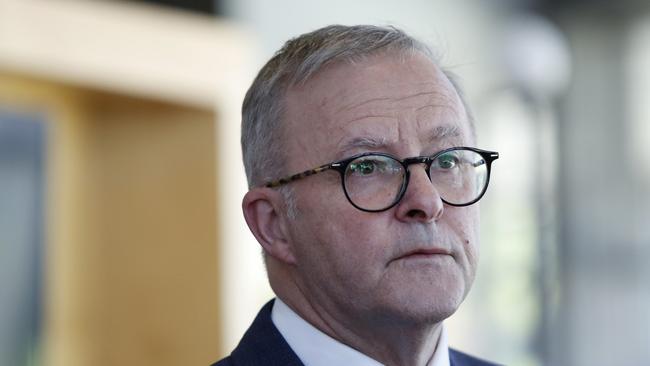
This highlights the mammoth gamble involved – an “all or nothing” transformative referendum as distinct from seeking a far more modest model that wins wide support and public confidence. This is the Prime Minister’s choice. He will carry the consequences of what increasingly looms as a misjudged action.
The sophistry of saying it is just politeness to Indigenous peoples is pious nonsense. Labor is the agent of responsibility – it is putting a model that has been systematically radicalised over the years. It has finished in a flawed and unacceptable result.
The upshot is that supporter of a voice, lawyer and priest Frank Brennan argues in his new book that unless Albanese retreats to change the model or seek genuine bipartisanship in the parliament the referendum should be postponed “until a new generation of national leaders can come to the table” and put right what remains unresolved.
It is now more than six months since Albanese unveiled his proposed model at Garma. Since then the government has made no effort to engage the public in genuine disclosure or explanation about what its model involves, how it might operate and what this new order of Indigenous empowerment might mean for Australians, their governance and relations between Indigenous and non-Indigenous peoples.
Six months is long enough. It is time to call this failure out. The public has been assailed by tricks and slogans, with Albanese exploiting public goodwill, playing on emotions – asking “how will you feel?” if it’s defeated – and raising the sinister notion that defeat is unacceptable because it will damage how Australia is “perceived internationally”.
Albanese calls on people to support the voice because it means constitutional recognition and is a mechanism for consultation. Yet many people opposed to this model support both recognition and consultation via the principle of a voice. So what is happening here?
It’s obvious. The problem is the model. It has been the problem ever since Albanese’s Garma speech. The model is the essence of the referendum, yet Labor won’t discuss the central change it envisages for our system of parliament and government.
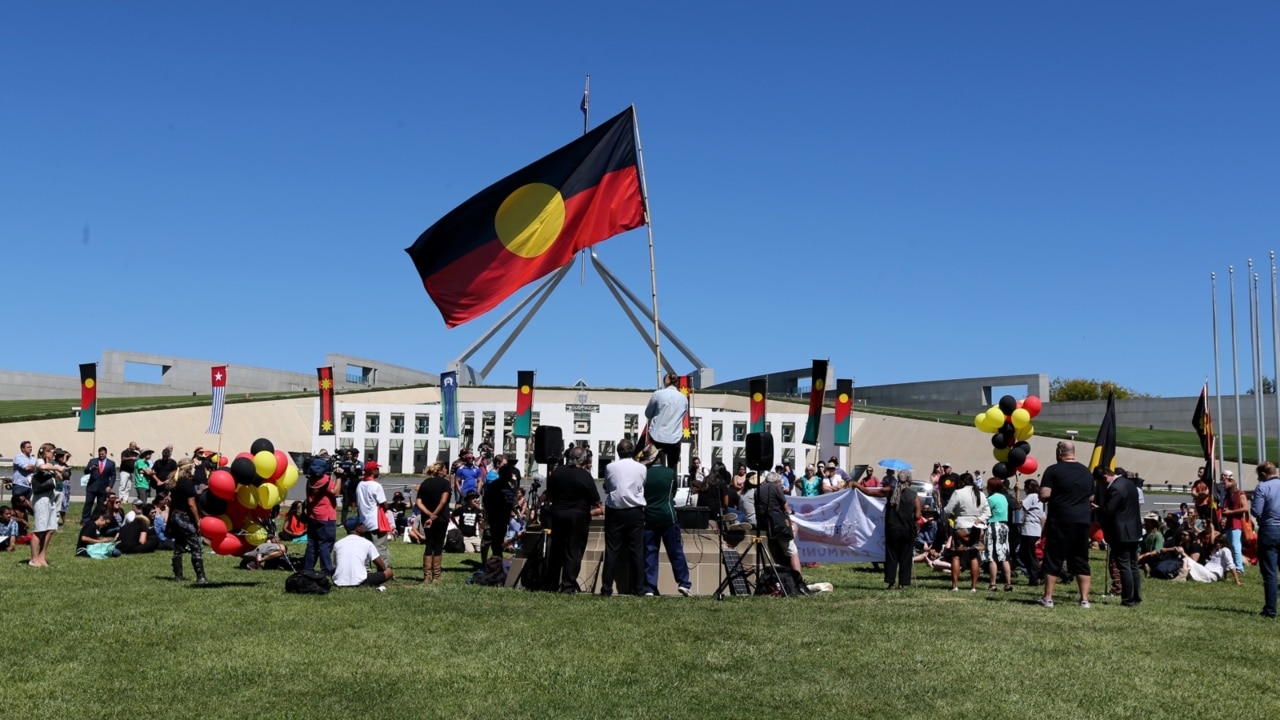
If you are suspicious about what’s happening your suspicions are justified.
The key sentence to be inserted into our Constitution says the voice “may make representations to parliament and the executive government on matters relating to Aboriginal and Torres Strait Islander peoples”. This means two things. It is no longer just a voice to parliament but to government as well, a mammoth expansion in its remit. Government includes the cabinet; the Federal Executive Council that authorises appointments, salaries, land acquisitions, international agreements and many other issues; individual ministerial decisions, either administrative or under statutory powers; and decisions by public servants.
Second, the voice is not restricted to advising on laws that apply specifically to Indigenous peoples such as land rights, native title and cultural heritage or matters under section 51 (26), the so-called race power, but can advise on any “matter” concerning Indigenous peoples, thereby including laws and issues of general application that affect Indigenous peoples as part of the broader population.
This is open-ended, unqualified and unlimited. The voice can do virtually anything across the entire ambit of government from health, education, welfare, resources, economic development, taxation, arts and culture, environment, defence and foreign affairs. It can advise on bills, existing laws, cultural norms, Australia Day, the history curriculum, sovereignty and treaty.
The next sentence of Albanese’s amendment says “subject to this Constitution” the parliament can set up the voice making laws relating to “composition, functions, powers and procedures” – but it would be a foolhardy parliament politically that tried to limit the scope of the voice and would need anyway to be consistent with the all-encompassing earlier sentence of the constitutional amendment. As Brennan says, the problem is the scope of the voice.
Former chief justice Robert French has said the constitutional amendment means the voice “can cover a broad range of matters” but says the limits are likely to be defined by “common sense and political realities”.
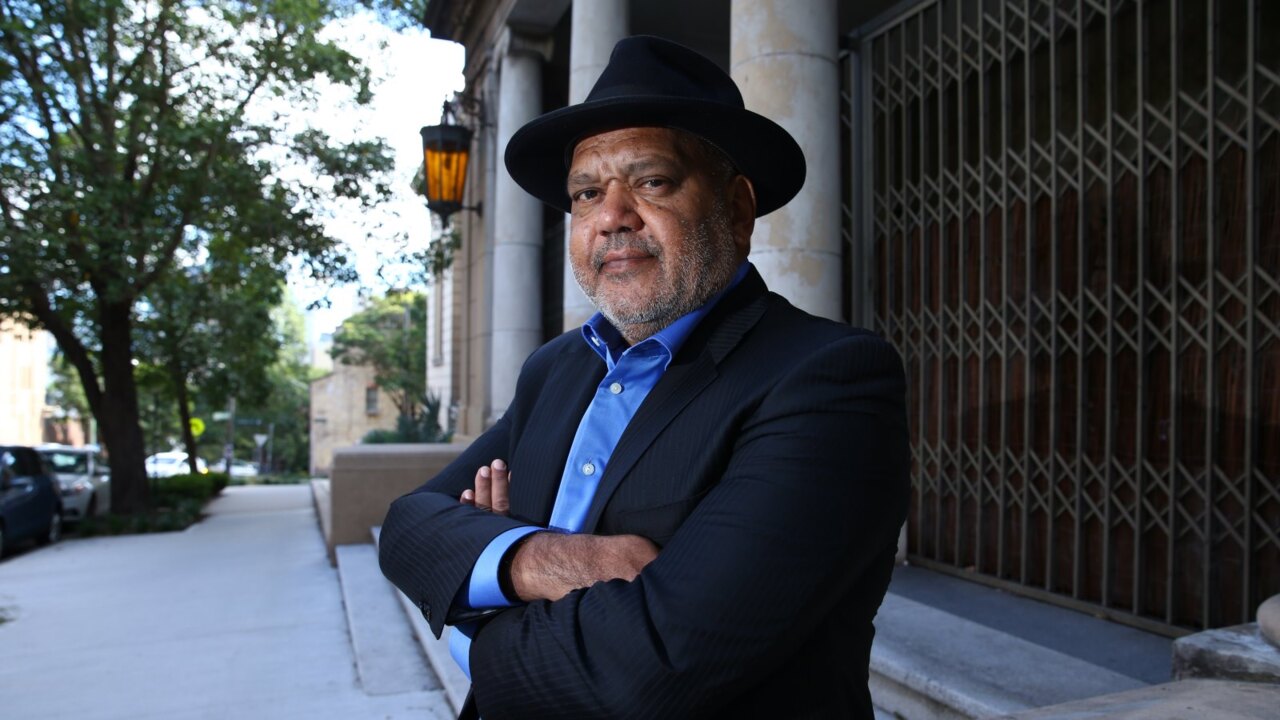
But whose common sense and whose political realities? If you give the voice wide constitutional powers, those powers will be used. Isn’t that the entire purpose? The truth is if you want to limit the voice, that limitation must be embodied in the constitutional amendment. Nothing else will suffice.
Yet the history is illuminating because it runs the opposite way. It is now seven years since ALP leader Bill Shorten said at the Referendum Council meeting a referendum on the voice had no chance. Labor abandoned that view. It is four years since Shorten said a Labor government would legislate the voice as a first step. That was abandoned, a critical step. The initial concept was a voice to parliament. But that was abandoned to become an expanded voice to parliament and government. In 2018 the view was that cross-party support was important to achieve constitutional change. But that is now largely abandoned.
Yet as the voice became a more radical idea, it was met with intense rejection. Over the same period successive governments of Tony Abbott, Malcolm Turnbull and Scott Morrison rejected the voice, the statement from the Turnbull cabinet – yes, the cabinet – said the voice violated the fundamental principle of Australian democracy based on equal civil rights and was an unjustified “radical” change to our system of government.
As French has said, the voice, as proposed, will become “a significant institution in our representative democracy”. That’s an important point but surely an understatement. The constitutional powers of the voice ensure it will become a substantial institution as it interacts with and changes the way the House of Representatives, the Senate and executive government function. Over the years it will need a large-scale bureaucracy to service its needs and ambit.
Indigenous leaders have designed a model to have real impact on the outcomes from our parliament and government. The system of government in Australia will alter and be reordered.
You can expect the parliament to legislate a requirement that the executive must receive and listen to recommendations from the voice before taking decisions. You can guarantee substantial media coverage when the voice speaks given its moral mandate, particularly when it challenges the government and the parliament.
Albanese, in an unwise but acute remark, said it would be a “brave” government that defied the voice. That’s correct. The voice won’t have a legislative veto – but its expected moral, political and media clout suggests a likely de facto veto.
This raises another question: by creating a voice, on a racial basis, with such a wide ambit for recommendations, is the upshot the entrenching of racial divisions and racial differences across a far wider spectrum of public policy and Australian life?
It is now time to end the fiction promoted by the government and many of the pro-voice advocates – corporates, community leaders, bishops and commentators – that this is just a modest, simple, “nothing to see here”, goodwill provision that makes us a happier country. Those claims are intellectual fraud and a hoax on the Australian public.
Listening to the debate in recent months it is extraordinary the way elites are patronising people while engaging in a deception about both the radical and risky nature of this proposal.
Albanese has a choice. He can either continue the deception and denial, hoping to win the referendum on the vibe of the thing, or he can begin a genuine debate about what his proposal means for our system of parliamentary and executive government. If he won’t reach out, engage and show a willingness to make concessions there is only one response – this referendum model should be decisively voted down.

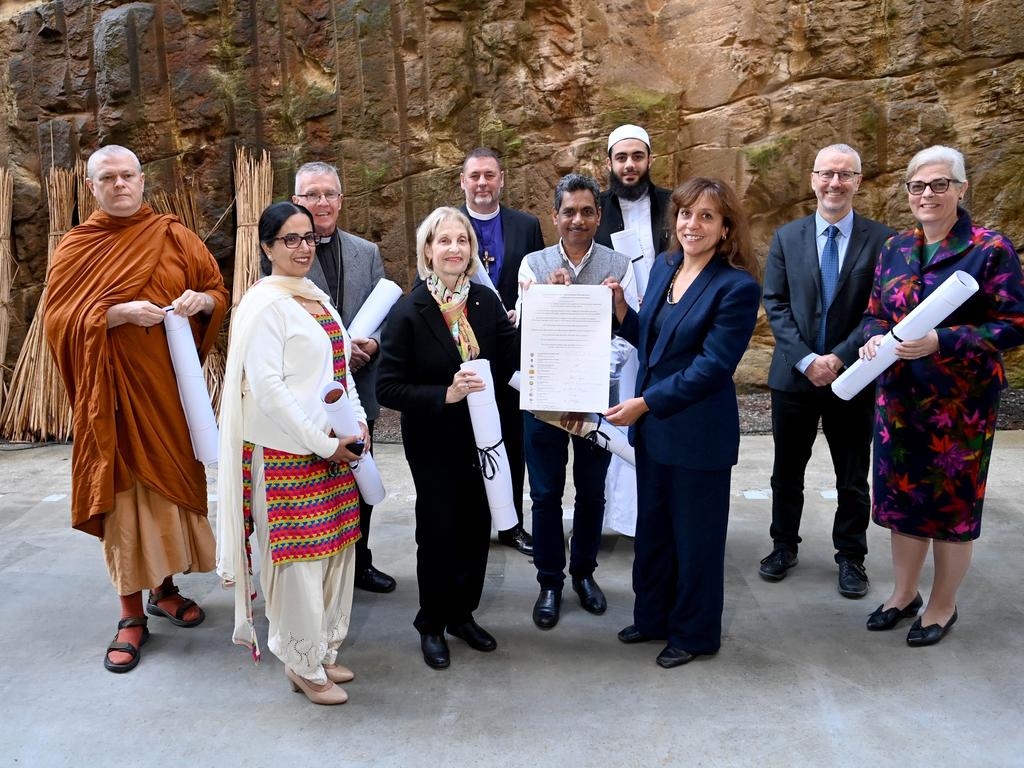
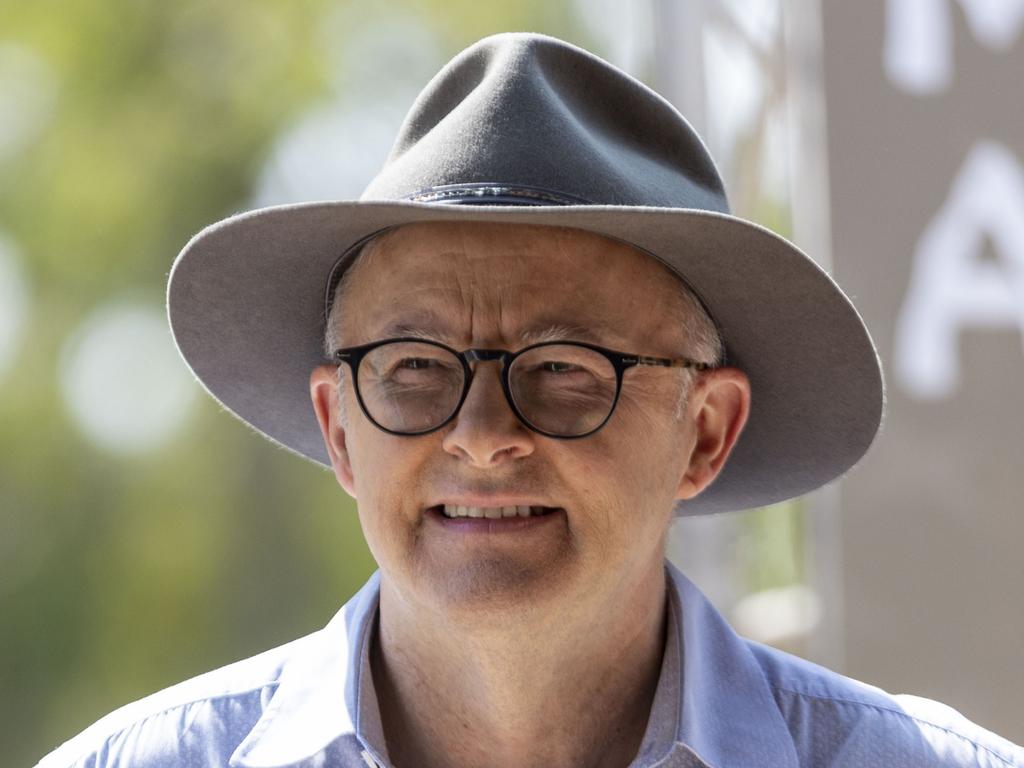
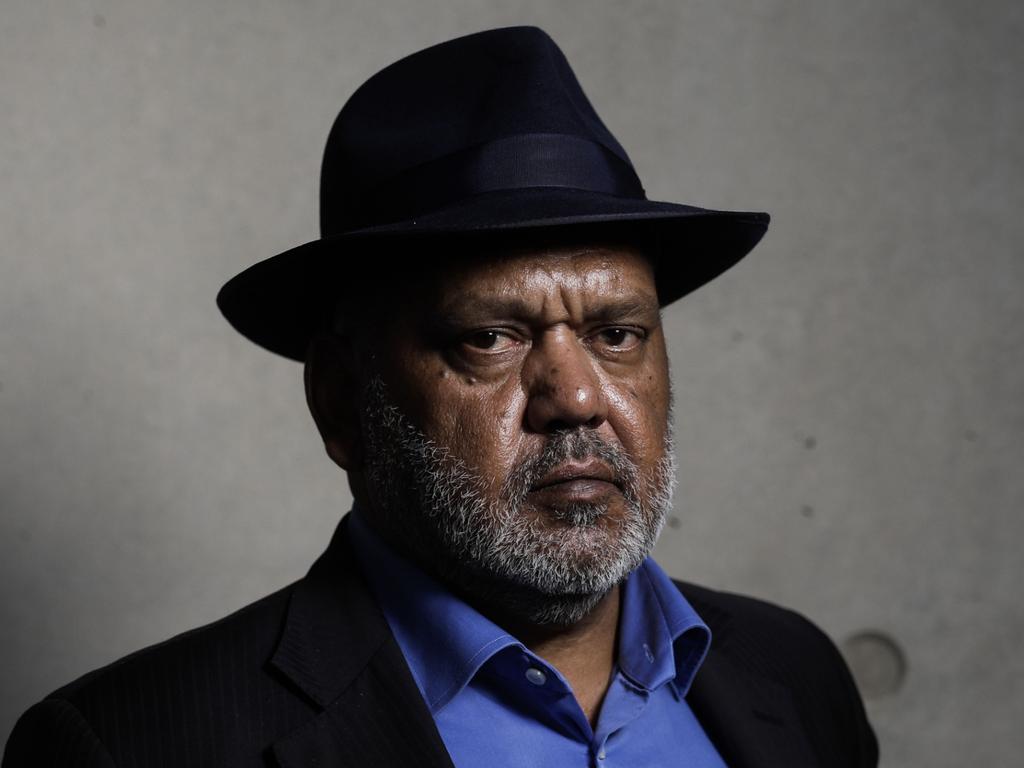
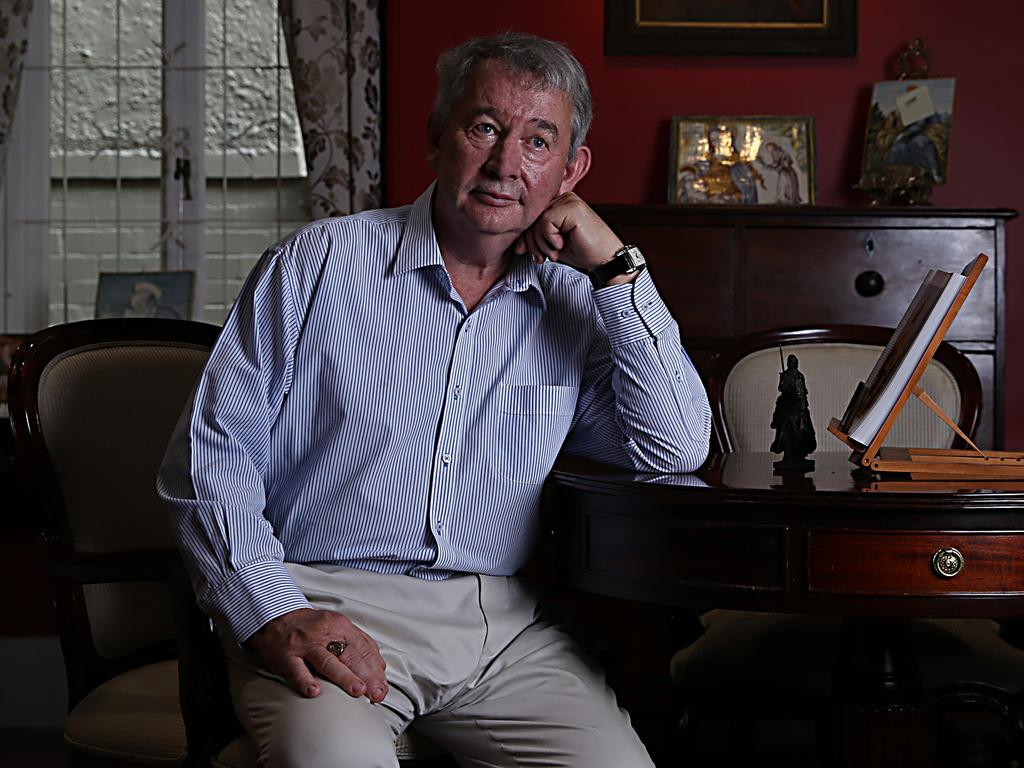


There has never been consensus or bipartisanship on the model of the Indigenous voice to parliament proposed by Anthony Albanese and it is obvious there will be no such agreement on this model – yet there is no sign the government will compromise on the radical constitutional amendment it insists upon.